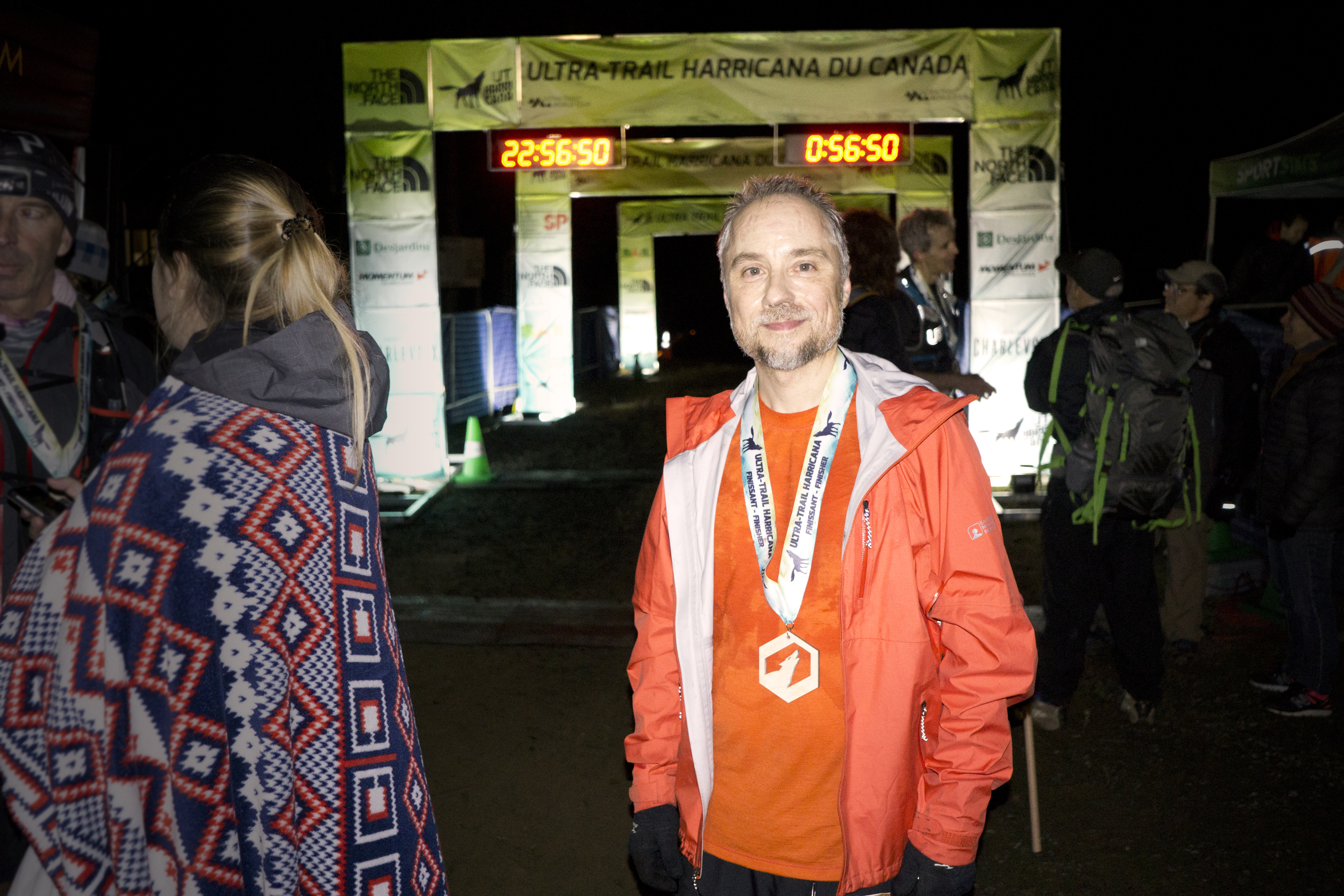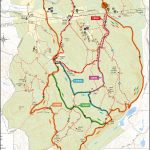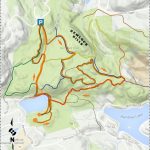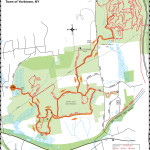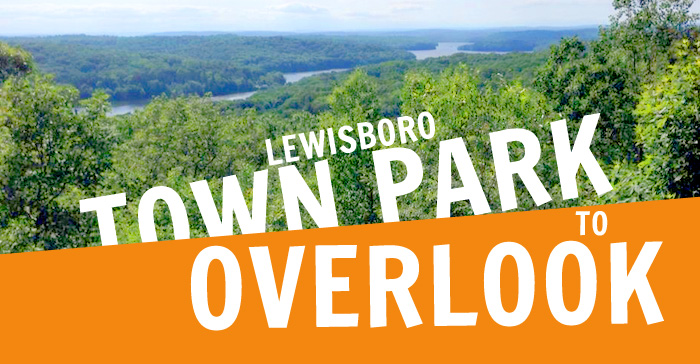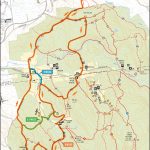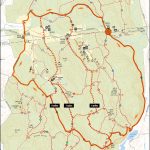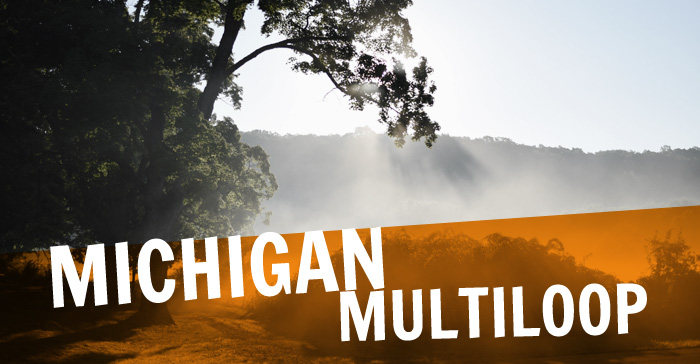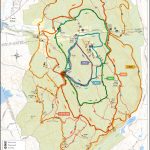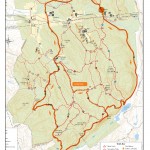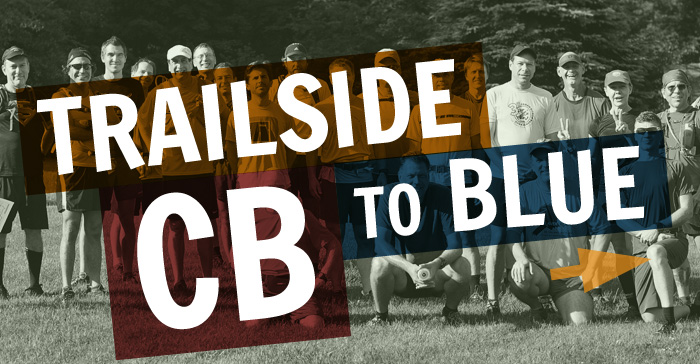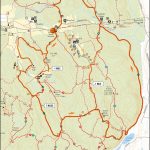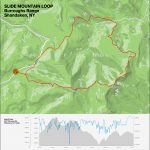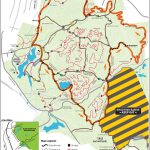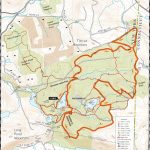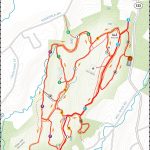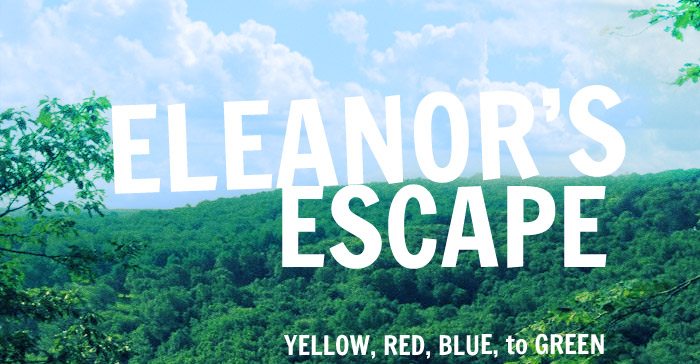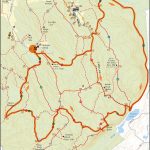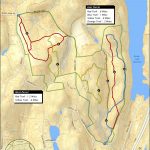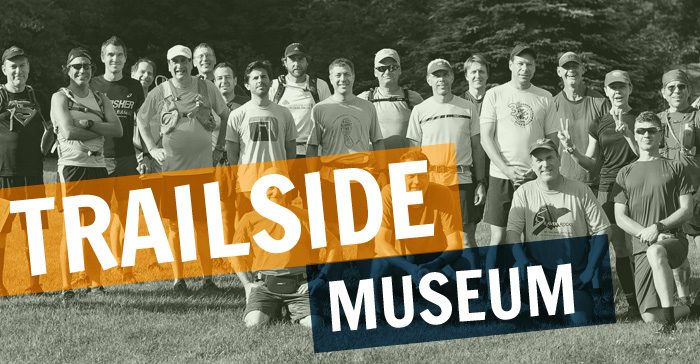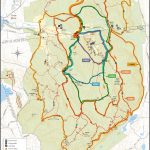By Lee Willett
So, last Saturday, I ran my first 75 mile trail race, The Ultra-Trail Harricana in the backcountry of Quebec, which started at 2:00 a.m. and finished almost 23 hours later. I woke before midnight after a fitful couple hours of nervous sleep and posted one last message online to let everyone know that I was on my way to the race start. The pre-run briefing room was filled with the kind of lean, worn, and sinewy-looking folks you’d expect for a 75 mile race and I felt completely out of place. What was I doing in this crowd? The race director gave his briefing in French, and most of the crowd laughed on cue at appropriate points. It wasn’t until he gave the rest of us the English version did we realize he was going over instructions for what to do in the eventuality we cross paths with a bear, moose, or any one of a number of creatures that could cut the run short. Sure, it was funny, as long as it didn’t actually happen to you.
Briefing complete, we stepped outside into the cool night air and waited under sodium lamps in the church parking lot for the starting horn. I was underdressed in just a t-shirt and rubbed my arms to keep warm. Others did the same—at least I looked like an ultra runner. Finally, the horn broke the quiet and we made our way down the road, a drone shooting video briefly drowned out the sound of footsteps on asphalt, but that didn’t last. Within a couple of kilometers, we were on the silence of the dirt road, which eventually became trail, then single-track as we began the first of three climbs that day.
The first climb was in darkness, our headlamps illuminating the trunks of pines on either side of the narrow trail. At several points we were required to climb with the aid of ropes embedded into the sheer rock face—I was Batman, climbing up a skyscraper. At the top of the mountain, the pines were little more than scrub and I could see the checkpoint in the distance. What I didn’t see was the photographer waiting to ambush runners with his strobe, perfectly positioned to capture exciting action shots while guaranteeing to blind every runner he shot. Surprised by the attack, I lost footing and nearly careened into an expanse of exposed rock. I caught myself and continued‚ one mountain scaled. As I descended, I could see the glowing red light of dawn on the horizon through breaks in the trees—Mordor, I thought.
To reduce litter, the race directors instructed us to bring collapsible cups that we could use at aid stations. This was important, they said, because cups would not be available. I had purchased a collapsible camping cup that they had recommended but in the cold air, the material became somewhat brittle and when I pulled it open at the first aid station, some water trickled through the cracks. No matter, I thought, it mostly worked, and besides, I only have 60 miles to go.
Dawn broke around the time I left that first aid station and I could see the beauty of the Quebec boreal forest around me. Pines, birch, and all manner of vegetation swallowed up the trail at times and I found myself holding up my arms to minimize being scratched by passing branches—which helped little. The trail sometimes gave way to logging roads where aid stations were set and the people manning them were as professional and helpful as I’ve seen. They’d grab my pack, ask what I needed, and take care of the rest. By the time I’d had a bite to eat, they’d be waiting with my pack—a valet holding a dinner jacket for me. Once suited up, I was off again, more trail, some road, more climb.
The second climb was much less steep than the first and only slightly less tall. In daylight, it wasn’t as demoralizing to be sure. And besides, just past the top would be another aid station where I’d find my drop bag, almost halfway done. I spent more time than I should have at Station Chouette—my legs tightened and I could feel the sore setting in. I swapped my headlamp with a fresh one that I’d need that evening, tended to some minor chafing, and ate like a feral animal. Thirsty, I grabbed the bottom my cup with enthusiasm in preparation to unfold it. As I applied pressure, the bottom detached into a perfect chartreuse circle in my right hand, a useless plastic doughnut in my left. The man across the table dispensing water caught the surprise on my face and tried his best not to smile. The race director said the cups were mandatory and I wondered how I was going to get through another 40 miles without one. Fortunately, most aid stations served broth with noodles and while they didn’t have cups, they did have bowls. I was saved. Still, it wasn’t yet noon and I knew my pace was slower than anticipated so I moved on.
The nice thing about being a back-of-the-pack runner is it gives me time to make friends. There’s plenty of talk to be had though usually it centers on what races you’ve run, where you’re from, and other ultra-related chit chat. I met many really nice people who had done amazing races and I was well entertained for hours. But after Station Chouette, the trail became more quiet. The pack had thinned and I found myself running with fewer people around. And then the race got difficult. The wet summer and rains over the previous days left the next twenty miles or so a combination of muddy, moss-covered rocks (the easy stuff) and up to waist-deep mud-filled peat-like bogs (which were unavoidable). The puddles often seemed innocuous but I soon realized that what I would mistake as a rock near the surface was only a clump of flotsam and my foot would plunge in sometimes ankle deep, and sometimes to my hip. I had considered running with poles but decided against it before I left. I now was rethinking a number of my life choices. The highlight of this section of the race was that for a while, a young trail runner from Quebec was just yards ahead of me and at every impassable bog, she would pause and give an exasperated, “Holy fook!” in her French accent.
Around 100k into the race, darkness fell again, both actually and metaphorically. I was exhausted and the bog had slowed my progress such that I was in danger of being cut. In truth, it was around this time that I had considered dropping. Just before the Station Epervier, the single-track emptied onto a logging road where a large van was parked, idling. Sweet salvation. I could just climb inside where it was warm, they probably had food. I could sleep. I had already run farther than I had ever run before so who could blame me? It would be easy…so easy…. STOP, I told myself and decided then and there that I would have to be pulled from the race if necessary (still a real posiblity)—I wasn’t going to quit! I gave a nonchalant wave to the bus driver as if this were routine and continued on.
The aid stations throughout the race were always well stocked with the usual ultra fare—Coke, Mountain Dew, chips, and pretzels—but there was plenty more things to try. Broth with noodles, gnocchi, and a variety of local cheeses made each stop special and I tried a little bit of this and that at each station. At Station Epervier, I could smell meat grilling which was intended for the staff since they would be spending the night in the cabins of the campsite. When I commented, they said they’d be happy to cook me something but I didn’t want to wait. I fueled up with a rush of caffeine, a handful of carbs, and salty broth. Off again.
The next section wound through fern-covered single-track trails and I thought how lovely it would be in daylight. Oh what it must be like to be an elite runner. The trail in this section was marked by large and entirely too reflective blazes on trees spaced too close together. My headlamp dimmed when it detected bright reflections and I found that as I approached each blaze, it would dim to almost nothing and I’d momentarily be running in darkness. And darkness in the outback of Quebec is a special kind of darkness that not only swallows your light, it swallows your soul. I’d hear the occasional rustle of an animal close to the trail and in my mind I weighed the pros and cons of being attacked by some wild beast.
Sometime later I could make out the dimmest of a warm glows in the distance which never seemed to get any closer. Miles passed before I arrived at station Split-BMR, 107km in. I checked my pace—glacial. At the start of the day, I had given myself three conceptual paces—best case, average case, worst case, and I wasn’t even close to the last of those. The kind woman at the aid station was almost apologetic when she mentioned that I was sorta, kinda close to the cut-off. How close, I asked. Fifteen minutes. But, she said again in a voice of concern bordering on pity, I still had one more climb ahead. “Never tell me the elevation,” my inner self said in my best Harrison Ford voice. And I was off.
While only 7km to the next and final aid station, it seemed like this section was the longest. The course everywhere else was well marked but here there were spots where I was very uneasy, afraid I had made a wrong turn. It may have been that the markings weren’t far apart at all but by moving slowly, they just seemed particularly distant. At one point I stopped, walked back to check a side trail, looked around more, then continuing in my original direction. Eventually I saw a marker but I was apprehensive. Missing a turn would cost me precious time that I could not spare. When I approached the final aid station, Station Montagne Noire, I had just over 10k left. Everything hurt, the temperature had dropped into the upper 30s and I was cold. As I approached, there was a tense moment when I feared I missed the cutoff. “What do you need,” a man with particularly impressive facial hair asked. “Time,” I replied. “Did I make the cutoff?” He nodded his response in the dim light of my headlamp but said that I would have to leave right away. I did. I could run a 10k on pure adrenaline if I needed to. I was going to make it.
I had been told before the race that the final 10k would be easy—downhill, logging road, nothing to worry about. As I exited the trail onto that road, a guide was waiting to escort me and two other runners the last bit which was, frankly, entirely too byzantine for that late in the race. We switched from logging road to some narrow trail, past a parking lot, around a swamp and, with only a couple of kilometers to go, I planted both legs in mire so completely that I was unable to extricate myself. I watched as the guide, followed by one of the runners, disappeared into the distance. I waited there for the next runner, wondering if I were to fall over, how long it would take to find my mud-covered body. Such things go through your mind after so long on your feet. When the next runner arrived, she exclaimed, “Holy fook!” when she saw my predicament and handed me her poles so I could liberate myself while waiting patiently until I was free.
In the final kilometers, I could see a glow of lights, then hear the cheer of the crowd as others before me crossed the finish line, one-by-one, trickling out of the forest in a slow, steady drip. I made it in 22 hours, 56 minutes, with four minutes to spare before the cutoff. My friend Peeter Muursepp had finished almost three hours before and was at the end when I arrived. I’m sure taking a couple pictures along the way cost me some time but it was worth it. Looking back, it was an amazing experience. A video of the race start is here: https://www.facebook.com/evharricana/videos/1335037639927722/
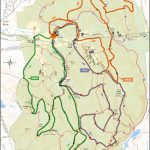
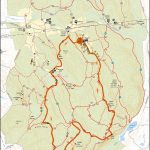

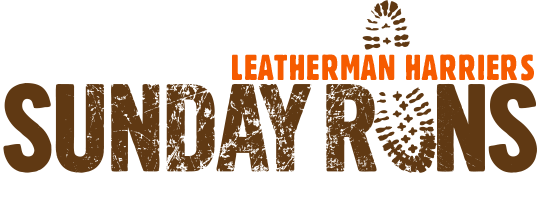
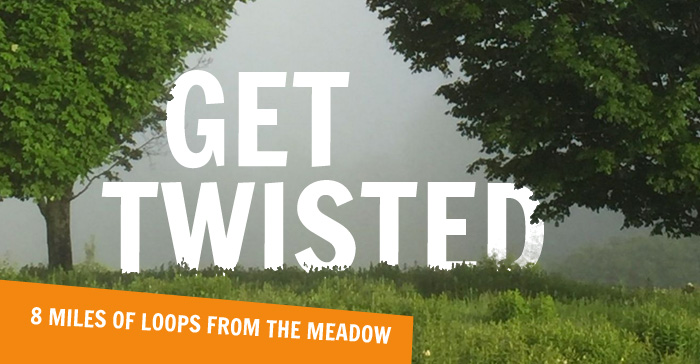

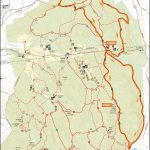
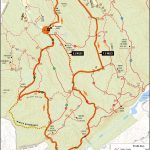
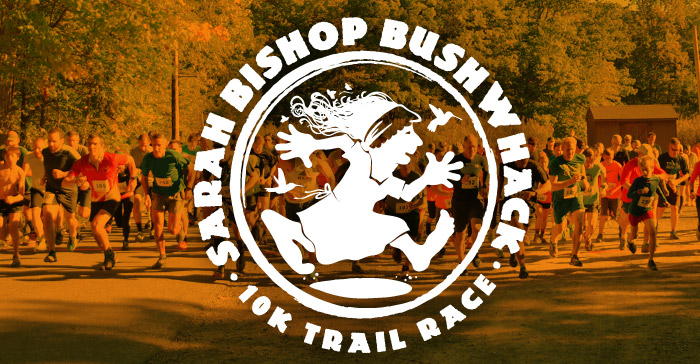
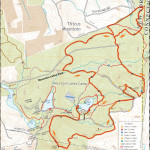
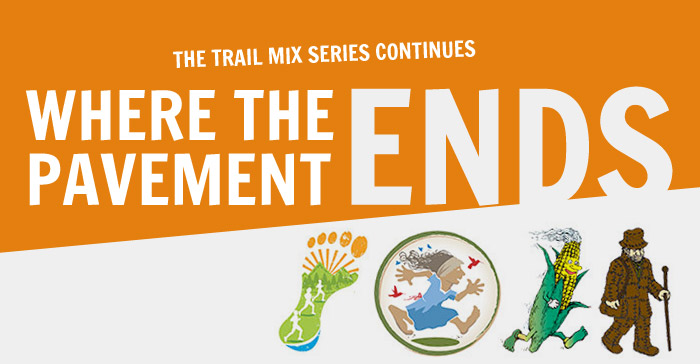
 Next week we’ll be at Mountain Lakes Park for the
Next week we’ll be at Mountain Lakes Park for the 